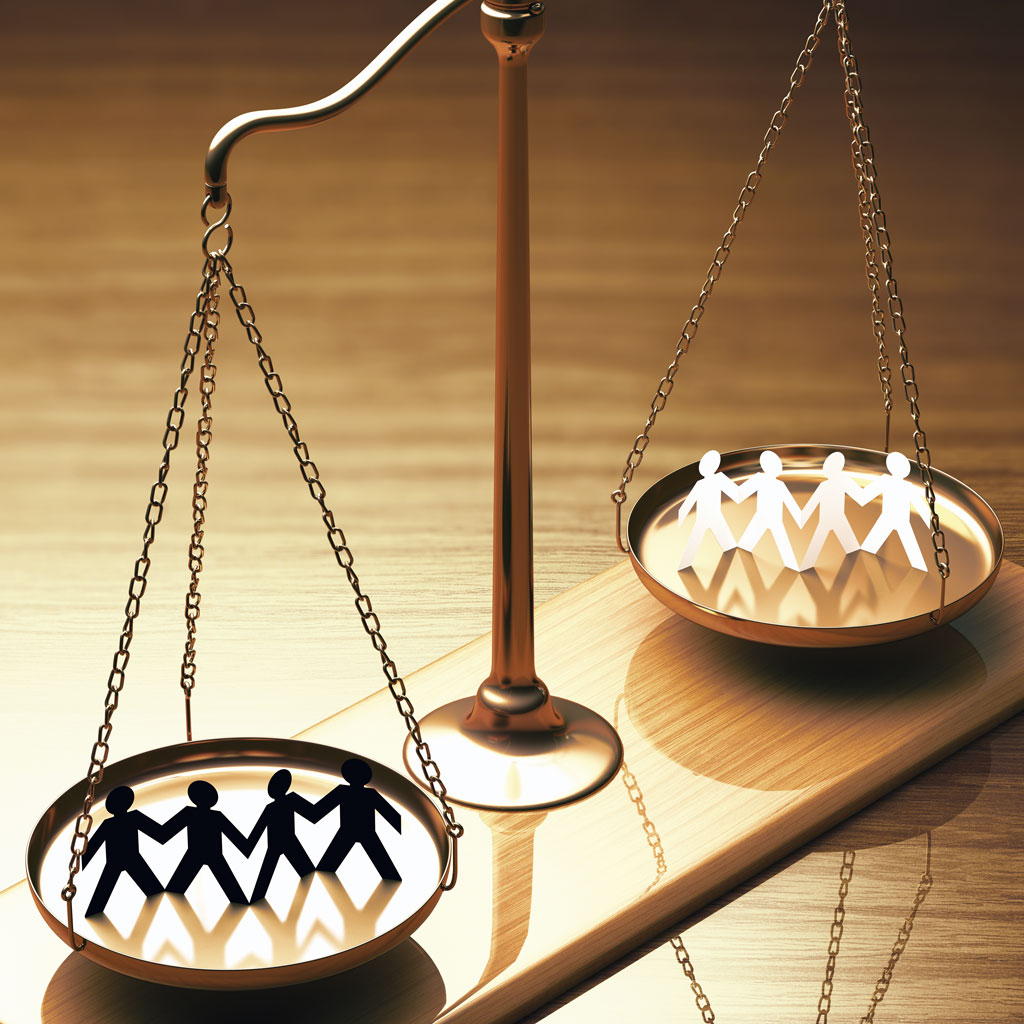
How can the court protect a child’s welfare when faced with clashing world views, asks Jon Herring
- Disputes over children have to be resolved by a focus on the welfare of children, rather than the rights of adults.
- Sometimes the opposition of a religious community to contact with a parent can mean it is in the child’s welfare for there to be no direct contact.
The legal principle was easy to state: the court must assess what order would best promote the welfare of the child. The application of the principle was not: should a child living with an ultra-orthodox Jewish mother have direct contact with the other parent who was a trans woman? Jackson J had to resolve this complex dispute in J v B (Ultra-Orthodx Judaism: Transgender) [2017] EWFC 4, [2017] All ER (D) 108 (Jan).
The facts of the case
At the heart of the case were five children with ages ranging from 12 to 2. The marriage ended in 2015 when their father (X) left the home and lived as a trans woman. The children remained with the











